The Feasibility Study Ground Rules
What is a feasibility study and why do I need one for my project?
A feasibility study is a formal assessment and detailed study of a proposed project to determine its likelihood of success. Think of it as the foundation upon which your project will reside. The information that the feasibility study pulls together is integral to project success; it ensures that you have the right information, context, and background to plan a project that has the highest likelihood of succeeding.
A feasibility study should be conducted before any work has actually started. Typically, it is conducted as the initial stage of the project planning process. In other words, after you have decided that you have serious interest in the project, you would then commission a feasibility study to confirm the project is viable and what it will take to accomplish. The information in the study helps the project team subsequently determine how to craft the project’s plan to make it a success.
A completed study should permit a group to make better decisions about the strategic issues and design of its project. Applying the knowledge gained from a feasibility study can significantly lower overall project costs by preventing mistakes, highlighting any assumptions, and ensuring subsequent plans are based on concrete data.
Frequently Asked Questions
If I already know I am going to do the project, can I just skip the feasibility study and go straight to project planning?
A feasibility study determines the factors that affect project feasibility, so beginning work without one is a bit like diving into a lake before you understand the underwater landscape. Even if you know it’s highly likely you’ll move forward, a feasibility study pulls together information the project will need regardless, defining its expected costs and projected benefits in detail, among other important contextual information.
Often the feasibility study is the first time in the development of a project that key information is brought together into one coherent analysis. The feasibility study shows how well all of these pieces of information fit together, resulting in an overall assessment of whether the proposed project is economically and technically viable.
According to U.S. government reporting, “When ideas do make it to the operational stage there is a high failure rate (many within the first 6 months). Thus, before potential members invest in a proposed business project, they must determine if it can be economically viable and then they must decide if investment advantages outweigh the risks involved—a feasibility study is the means by which these decisions are made. Without feasibility studies the percentage of projects that fail would be higher.” [1]
For this reason, many stakeholders including local, state, or federal governments, lending institutions including banks, and potential partners require feasibility studies to move forward. For example, Small Business Administration (SBA) regulations state that a feasibility study may be required as part of their loan underwriting process.
What information is included in a feasibility study?
A feasibility study is confidential to the group for which it is conducted, and is not for public dissemination.
Our feasibility studies for facilities normally include the following, though depending on the industry or project can also contain additional information and analysis:
Introduction and context
Market research and demographics
Industry trends
Case studies and competitor analysis
Location-based analysis
Concept development
Site considerations
Programming and services
Economic impact analysis
Concept cost estimate
Financial pro forma
SWOT analysis
And our expert conclusions
How is a feasibility study different from a business plan?
A feasibility study is distinct from a business plan and usually precedes it. A business plan is developed later in the project development process and is essentially a blueprint for business operations. A business plan also presents the group's intended responses to any critical issues raised in the feasibility study, and the feasibility study forms the basis for developing a business plan.
As part of our services, we create a business plan for our clients once the feasibility study is finalized.
Why should I work with a professional feasibility study company?
Most prospective partners and financiers view an objective evaluation of a project via an outside practitioner as crucial. This objectivity often provides a group with helpful information that might have been overlooked by one who is participating directly in the project.
TAG Project Management (TAG) exists to make your life easier and your project more likely to succeed. Our feasibility study will save you time, money, and ensure a top quality result that directly feeds into your project plan.
While the costs of conducting a study with a professional company may seem high, in proportion to the cost of the project it is minor, especially if it saves unprofitable ventures from going forward, or ensures that project plans are developed to ensure the highest possibility of success. If our study shows that a project is indeed feasible, it provides the group with concrete useful data that will be used in subsequent business plans and projections. [2]
Going forward, TAG can be your partner throughout the project life cycle, as we help develop business plans and provide full-scale project management and owner’s representation services to take your project all the way from planning through completion.
Endnotes:
[1] Brockhouse Jr, Wadsworth, Vital Steps: A Cooperative Feasibility Study Guide, U.S. Department of Agriculture Rural Business-Cooperative Service, Service Report 58, 2010.
[2] Ibid.


